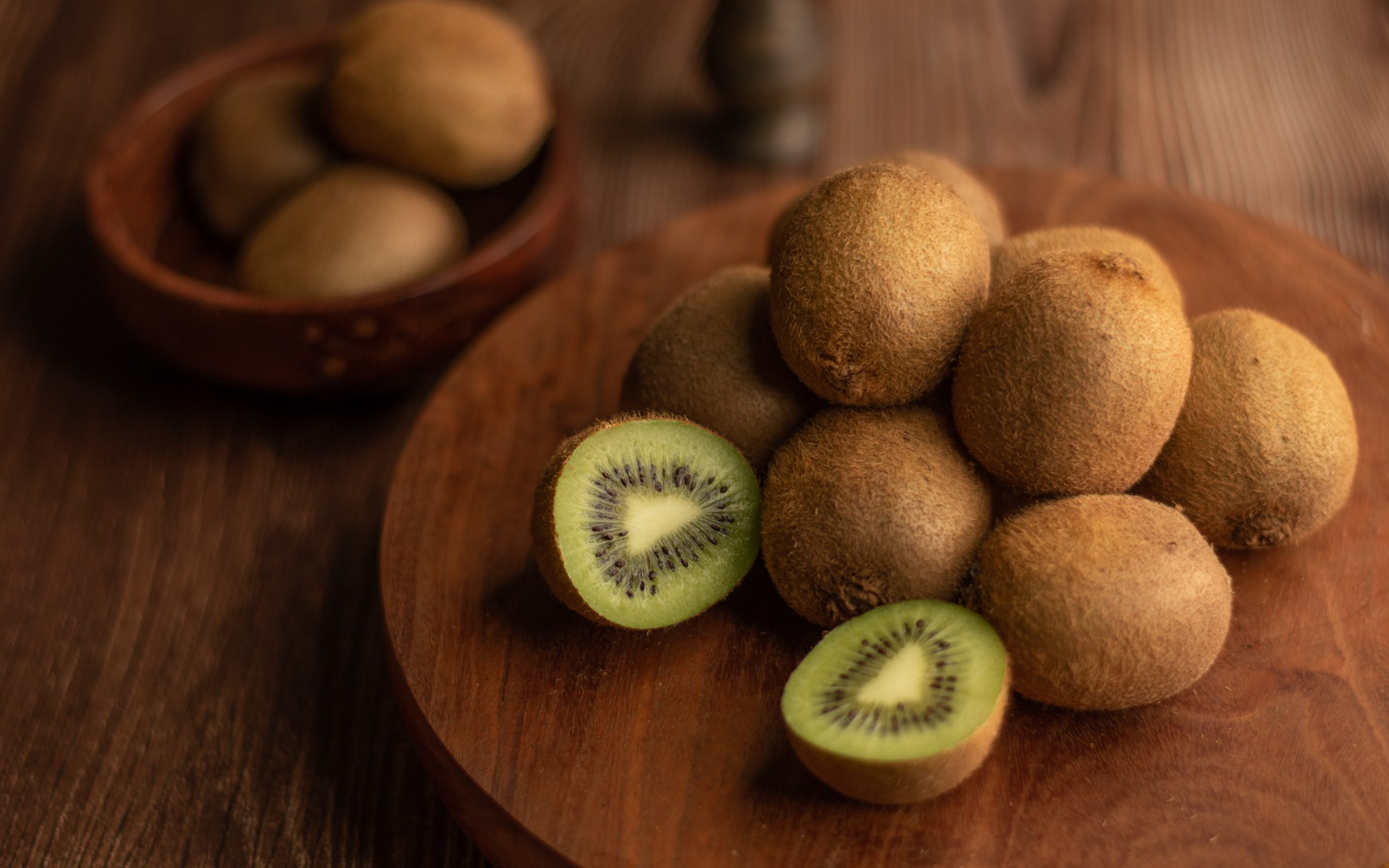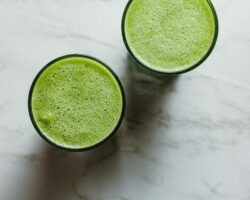An indispensable component of an invigorating and healthy breakfast
When we want to add vitamin C to the diet, we usually think of oranges, not even suspecting that kiwi contains twice as much of it. Pleasant color, crispy black grains, juicy, refreshing, sour flesh that melts in your mouth – it’s time to proclaim this Asian fruit the king of breakfast for its unique nutritional value hidden under the fluffy rind.
The first mention of the “Chinese gooseberry” dates back to the XII century – it was in China that kiwi was discovered and cultivated for cultivation for sale, including for import. The exotic fruit came to Europe at the end of the 19th century, and the name kiwi received in New Zealand, apparently due to the similarity with the rare kiwi bird that lives in those parts. They also grow it there, but they call it kiwifruit, so as not to get completely confused, because “kiwi” in New Zealand slang is also themselves, the local population. It is worth noting that New Zealanders have outdone China in kiwi breeding, producing a large-fruited “golden” variety with a characteristic shade, thin skin and delicate, fragrant pulp.
NUTRITIONAL VALUE OF KIWI
Providing the body with energy thanks to its high content of vitamin C, kiwi is ideal for the menu at the beginning of the day and snacks to keep you awake. Vitamins in this fruit are abundant: K prevents the development of osteoporosis, B9 helps to strengthen the immune system, and E is an excellent anti-inflammatory agent and contributes to the proper functioning of the heart. Kiwi is also packed with minerals and trace elements, in particular copper for collagen production and tissue repair, and potassium for proper digestion and muscle tone.
Kiwi is good for diet and fasting days as it contains high-quality fiber that makes you feel full without unnecessary calories. Of course, it also contains carbohydrates, but glucose and fructose are necessary for recuperation (especially if you play sports) and support brain activity.
KIWI AND BODY BENEFITS
Throughout its centuries-old history, the fluffy fruit has been used as a healing agent – kiwi is so rich in antioxidants that its daily consumption prevents the development of cardiovascular diseases and some types of cancer. Regular addition of kiwi to the menu lowers blood triglyceride levels and regulates metabolism. Its active ingredients are concentrated in “good” cholesterol, while reducing the level of “bad”, as well as promote wound healing and recovery from diseases, complications and operations.
HOW IT IS CORRECT TO EAT AND CHOOSE KIWI
A good fresh fruit should be firm (but not firm like a potato) and free from blemishes. This fruit can be stored in the refrigerator for up to three weeks. Do not underestimate its culinary potential: kiwi is a real find for gourmet experimentation. It works great in salads, pies, jams and even pickles. In your morning cereal or yogurt, as a dessert or as a snack (for example, sliced into slices for a cheese plate) – spicy and bright kiwi slices will benefit any dish.






